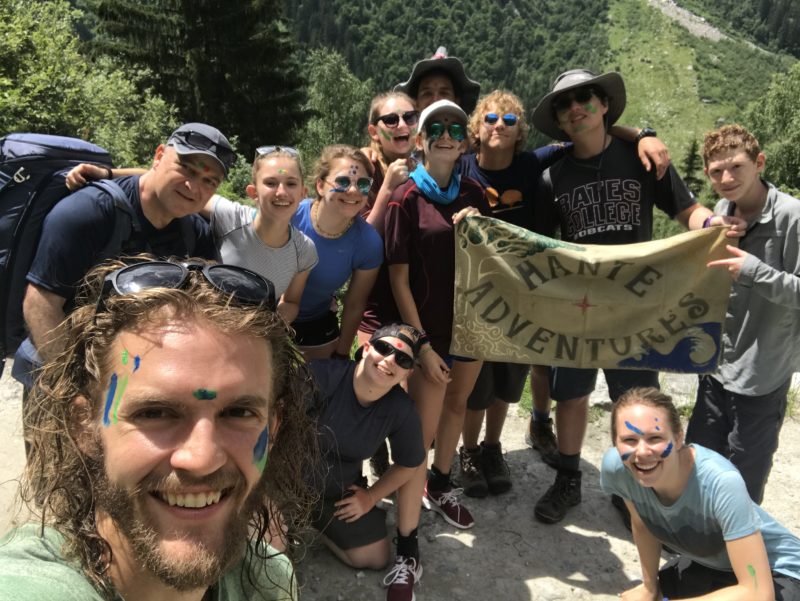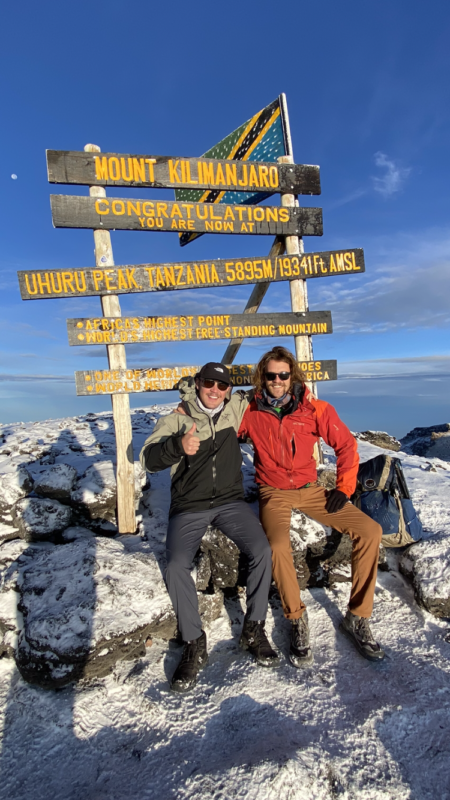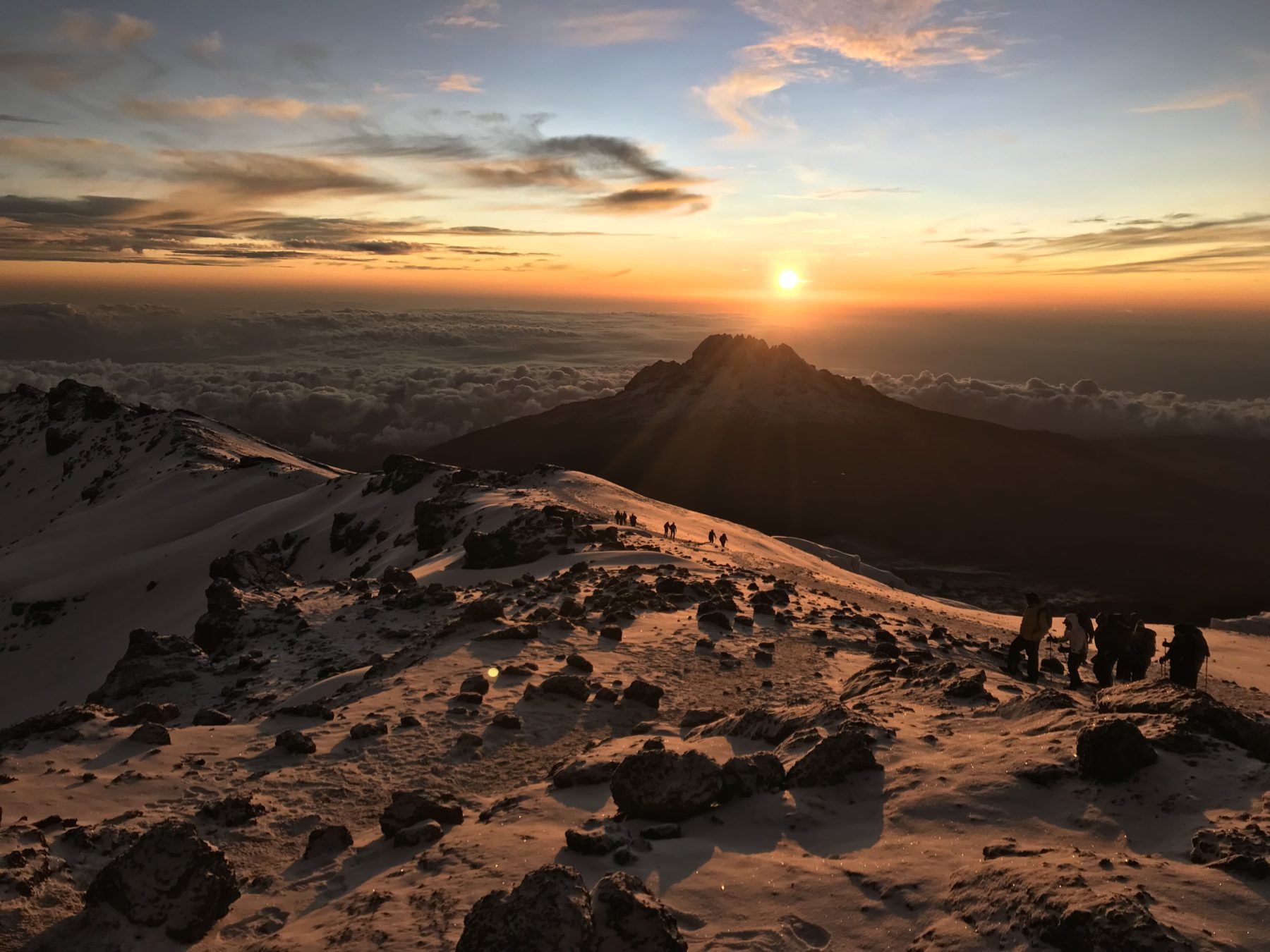By Andrew Nelson, Hante & Outdoor Programs Manager
One of the most meaningful parts of serving on the Hante Adventures team is that our work is thoroughly woven with thoughts and analysis of how each of our programs helps support our mission of promoting the natural world and the betterment of human character. We recently had a conversation about the importance of curiosity, the trait upheld by the Deer Mouse Kindred, in striving to develop life-long learners. A follow-up point, however, was that a curious mind must typically be partnered with a courageous spirit to step out and seek answers to questions, whatever they may be. Discovery and newness can bring excitement, but can also come with a taste of fear or intimidation.

This is especially true in the modern context of outdoor pursuits, where we leave our phones behind and make ourselves vulnerable to the forest for some time. New, more personal questions arise—questions of ability, belonging, comfort. What’s important to hear is that this is all normal, and is by design. It’s in these places of discomfort that participants find their limits and have the opportunity to muster some courage and expand them.
There’s plenty of empirical evidence out there to attest for the power of the above process in helping kids develop a sense of curiosity, courage, and general self-reliance. But this is a blog, so I won’t bore you with numbers. Let’s do some recent anecdotal evidence instead.
I recently had the privilege to travel with my brother to Tanzania to climb Kilimanjaro, the highest peak on the African continent (aka “The Roof of Africa”). In the months leading up to the trip, I suffered a broken foot and an almost complete inability to train for what would be a summit push to 19,341’. Our itinerary had us beginning the 5-day climb the day after landing in the country, so we would have virtually no time to acclimatize before hitting the trail. My brother lives in Colorado and regularly heads up to 12,000’, and Brevard sits at 2,231’. I share all of this to say: I was nervous and afraid—of altitude sickness, of failing to summit, of potentially having my brother rub it in my face for years that he made it and I didn’t. Many of those with whom I talked about the trip were surprised at my apprehensions. I suppose 7 Hantes, an AT thru-hike, and previous forays to 17,000-18,000’ gave me an unintended air of capability. But altitude is no joke, and this is one of the world’s great mountains.

Long story short, I summited with my brother and guide on a beautiful Saturday morning, but not without days with a sore barely-healed foot, a good number of headaches, and some instances of true, deep-rooted doubt. On our final, 6-hour summit push, I spent a solid hour preparing myself mentally and emotionally to tell my companions that I would turn around. You could call it extreme discomfort in every way. But I somehow made it, one step after another I suppose.
The memory of cresting the peak lives as one of the happiest in my mind, in no small part because it was the truest answer I could have received to the question of my ability. I’ll clarify that I don’t mean physical ability—the fact that I summited means my body was always capable. The questions really derived from the mental and emotional planes: How much discomfort can I tolerate? Will I be able to tolerate turning around? Was I naive? Is failing to summit truly a failure?
In hindsight, the spinning questions were experiential education at play in real-time. I placed myself in a challenging environment in which I had to dig deep in order to remember the larger goal I’d set for myself months prior. The act of summiting bore the immense reward of navigating those thoughts and challenging my own desire to stay in my comfort zone.
This anecdote is shared not to toot my own horn, but to illustrate that I see myself and my experience in a large majority of Hante participants. Goals and romanticized visions of a trip can often be subject to the realities of outdoor living. This model inherently and understandably evokes discomfort in many, as it’s such a break from the norms of daily life. But I’ve seen this discomfort lead many participants down new paths—unveil hidden sides of themselves, discover new questions to ask, tap into inner strength—which, to a large degree, is what this former Hante participant can thank for finding the grit on the slopes of Kili.
